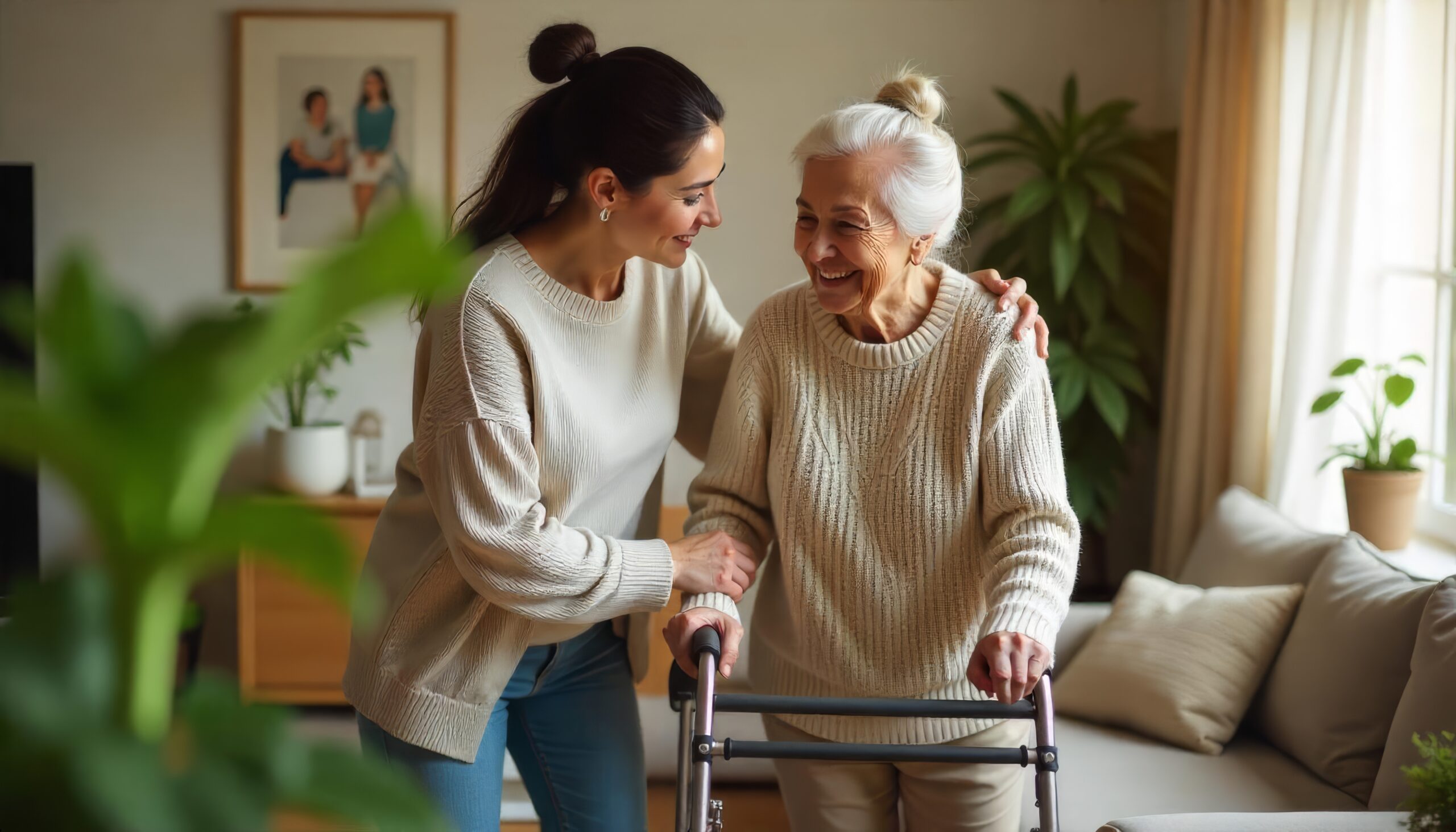
Table of Content
Hallucinations and delusions are common symptoms individuals with dementia experience. These challenging behaviors can be distressing both for seniors with dementia and their caregivers. While these symptoms may feel overwhelming, there are strategies caregivers can use to provide comfort and reduce stress, both for themselves and their aging loved ones.
Distinguish Between Hallucinations and Delusions
The first step to managing these symptoms is understanding the difference between hallucinations and delusions.
- Hallucinations involve seeing, hearing, or feeling things that aren’t there, such as seeing people who aren’t present or hearing voices.
- Delusions are false beliefs, often paranoid in nature, like thinking someone is stealing from them or that family members are impostors.
Knowing which behavior you’re dealing with can guide your response. For example, responding to hallucinations versus delusions might require different approaches.
Caring for a loved one with dementia can be extremely challenging, and a compassionate professional caregiver can be a wonderful source of support. Families looking for top-rated Potomac senior home care providers can reach out to Assisting Hands Home Care. From respite care to specialized Alzheimer’s, dementia, stroke, and Parkinson’s care, there are many ways we can make life easier for seniors and their loved ones.
Stay Calm and Reassuring
When your loved one is experiencing a hallucination or a delusion, it’s vital to stay calm and avoid reacting with anger or frustration.
- Speak in a soothing and nonthreatening tone.
- Validate your loved one’s feelings rather than dismissing them outright. Saying “I understand this is upsetting for you” can provide comfort.
- Avoid arguing or trying to convince your loved one that his or her experience isn’t real. This often intensifies distress and confusion.
Providing a safe and stable environment can minimize agitation and bring a sense of peace to the situation.
One of the most challenging tasks of helping an elderly relative age in place safely and comfortably is researching agencies that provide home care service. Turn to Assisting Hands Home Care for reliable, high-quality in-home care for aging adults. We offer 24-hour care for seniors who require extensive assistance, and we also offer respite care for family caregivers who need a break from their caregiving duties.
Adapt the Environment
Sometimes hallucinations and delusions can be triggered by environmental factors. Addressing and modifying the space can reduce these occurrences.
- Ensure proper lighting, since shadows and poor lighting can exacerbate visual hallucinations.
- Remove mirrors if they become confusing or frightening, as people with dementia may not recognize their reflections.
- Minimize background noise or distractions, as these can confuse someone experiencing auditory hallucinations.
By creating a calming and predictable atmosphere, you can reduce triggers and provide a sense of security.
Acknowledge Your Loved One’s Reality
When seniors with dementia experience hallucinations or delusions, their perceptions feel completely real to them, even if they’re false. Instead of contradicting or correcting, meet your loved one where he or she is.
For instance:
- If your loved one believes a long-deceased relative is visiting, avoid telling him or her the relative is no longer alive. Instead, gently redirect the conversation or engage with your loved one about happy memories related to that person.
- Use reassurance and comforting words to focus on your loved one’s emotions rather than facts. For example, “I’ll stay with you. You’re safe,” can ease anxiety.
This approach honors your loved one’s current reality and emotions while preventing unnecessary distress.
Seek Professional Guidance
If hallucinations or delusions become frequent, severe, or disruptive to daily life, it’s critical to consult a medical professional.
- Sometimes these symptoms may be the result of other medical conditions, like infections or medication side effects, which can often be treated.
- A physician may recommend adjustments in medication or therapy to manage these behaviors.
- Counseling and support groups for caregivers can also provide invaluable advice and emotional support for managing these challenges.
Working closely with healthcare providers can ensure you’re equipped with the right tools and strategies to support your loved one effectively.
Even when families have the best intentions, caring for a senior loved one with dementia can be challenging. Fortunately, Assisting Hands Home Care is here to help. We are a leading provider of dementia care. Potomac families can take advantage of our flexible and customizable care plans, and our caregivers always stay up to date on the latest developments in senior care. To learn more about our premier in-home care plans, call us today.






